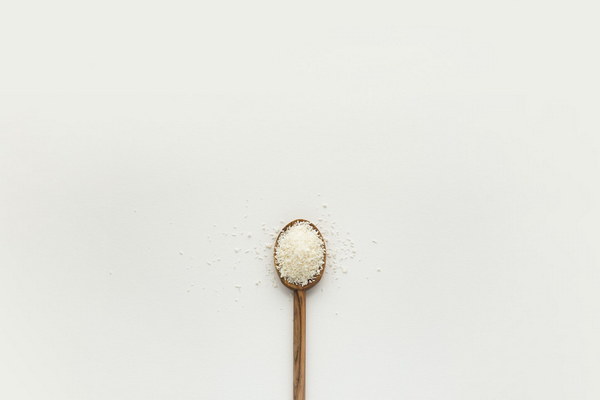Harmonizing the Liver The Ancient Art of Guqin and its Benefits for Health
In the realm of traditional Chinese medicine, the liver is considered a vital organ that governs emotions, detoxification, and the storage of blood. The ancient practice of guqin, a four-stringed musical instrument, has been associated with the nourishment and balancing of the liver. This article explores the connection between the guqin and liver health, delving into its historical roots, the science behind the benefits, and how one can incorporate this practice into their daily lives.
Historical Roots of Guqin and Liver Connection
The guqin, also known as the zither, has a rich history that dates back over 2,500 years. It was originally used in the courts of ancient China, where it was believed to be a tool for expressing the ruler's wisdom and emotions. Over time, the guqin became a symbol of scholarly elegance and a means of cultivating the mind and body.
According to traditional Chinese medicine (TCM), the liver is associated with the element wood, which is associated with growth, movement, and the expression of emotions. When the liver is out of balance, it can lead to emotional disturbances, such as irritability, frustration, and anger. The guqin's gentle, soothing sounds are thought to help calm the mind, release tension, and restore the liver's balance.
Science Behind the Benefits of Guqin for Liver Health
Modern scientific research has begun to uncover the potential benefits of the guqin on liver health. Studies have shown that music therapy, in general, can have a positive impact on mental health and stress reduction. The guqin's melodic and rhythmic patterns are believed to have a calming effect on the nervous system, which can, in turn, help to regulate the liver's functions.
One study published in the Journal of Music Therapy found that participants who engaged in music therapy experienced a decrease in cortisol levels, a stress hormone associated with liver dysfunction. Another study in the International Journal of Environmental Research and Public Health suggested that music therapy can improve liver function by reducing inflammation and oxidative stress.
How to Incorporate Guqin into Daily Life for Liver Health
For those interested in experiencing the benefits of the guqin for liver health, here are some suggestions on how to incorporate this ancient practice into daily life:
1. Learn to Play Guqin: Enroll in a guqin class or find a tutor to learn the basics of playing the instrument. This can be a fulfilling and meditative activity that promotes emotional well-being and liver health.
2. Listen to Guqin Music: Create a playlist of guqin music to listen to during relaxation or meditation sessions. The soothing sounds can help calm the mind, reduce stress, and promote liver balance.

3. Practice Mindfulness: While playing the guqin or listening to guqin music, practice mindfulness and focus on the present moment. This can help reduce stress and promote emotional balance, which is essential for liver health.
4. Combine with TCM Practices: Incorporate other TCM practices, such as tai chi or qigong, with guqin playing or listening. These practices can complement the benefits of the guqin and further support liver health.
5. Seek Professional Guidance: If you have specific liver-related health concerns, consult with a TCM practitioner or a qualified guqin instructor to tailor your practice to your individual needs.
In conclusion, the guqin's ancient art holds the promise of harmonizing the liver and promoting overall health. By exploring its historical roots, understanding the science behind its benefits, and incorporating it into daily life, individuals can embark on a journey of self-care that supports their emotional and physical well-being.









